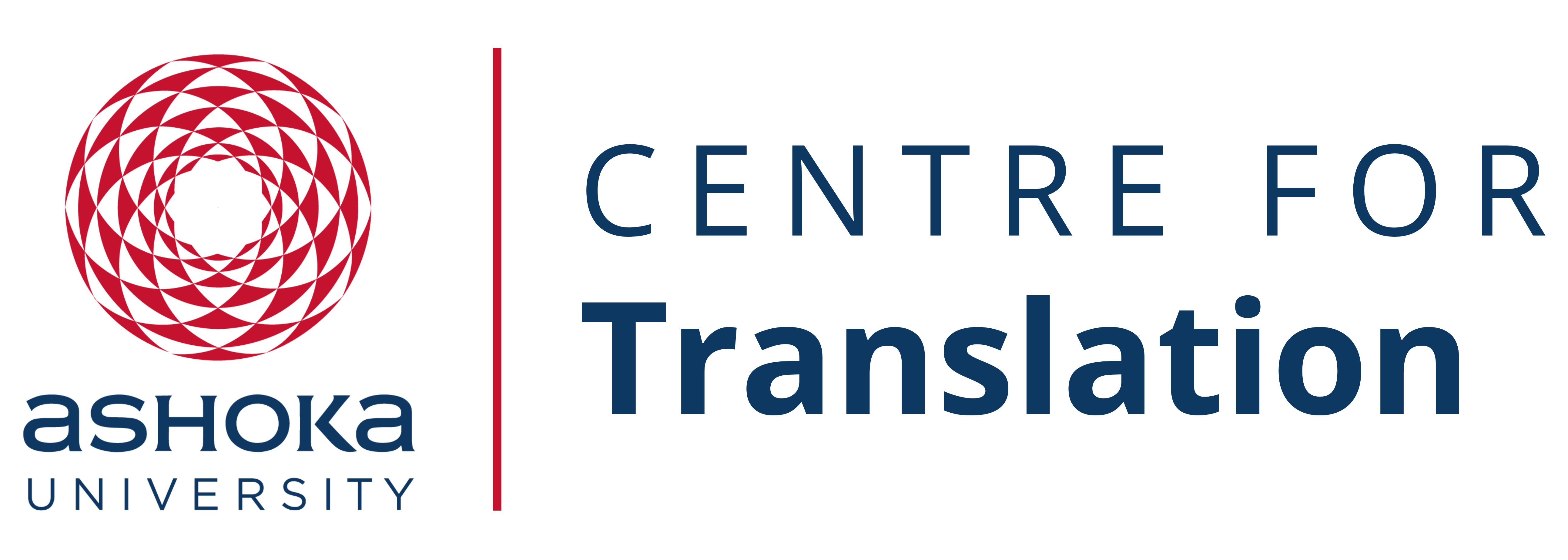A riveting introduction to A Multilingual Nation: Translation and Language Dynamic in India , edited by Rita Kothari and published by Oxford University Press in 2018.
When I said the only language I speak is not mine, I did not sayit was foreign to me. There is a difference.
Derrida
A panel discussion on translation held in 2015 has persisted in my mind as an example of a missing connection between translation and language dynamics in India. At the Goa Arts and Literature Festival, a panel on translation began with the moderator asking each translator panelist, who ‘represented’ a language in India, to relate his/her experience of translating. Interestingly, another panel on ‘Language Battles in India’ was held the following day, ‘represented’ by specific language translators/linguists/ thinkers to comment on the acrimonious debates taking place between languages. The two panels operated independently of each other with no reference of one to the other. This is almost to say that the allegedly ‘bridge-like’ role of translation was free of the specific ways in which languages operate in contested spaces of the Indian nation-state. It is also to say that in India, translation and the multilingual environment in which it finds itself is indistinct enough to not require a discussion in tandem with the way languages get defined and contested.
One of the aims of this volume is to foreground this connection. The contributors were invited to reflect upon the idea of the ‘source’ in translation, a nucleus that stands sedentary, unchallenged, and monolingual, as it were. What is it to encounter source that is mobile and constituted in complex ways through different languages and registers? A set of issues that open up in this volume point to a ‘hybrid, restless multilingual that nation-centered, monolingual scholarship has been unable to comprehend. The issues are many. Is translation in a multilingual society equivalent to what it does in the Anglo-American world today? Does it emerge as an outcome of multilingualism or its precondition? Do we need to revisit translation as a corollary of the original, or examine if it is not its constitutive force? In specific terms, does the idea of ‘source’, both as language and text, remain this unflinchingly sedentary institution that it has assumed to be in the Anglo-American debates of translation? More fundamentally do language definitions and linguistic boundaries determine the existence of translation? And, are they rhetorically constructed or based in everyday lives which continue to defy the institution of language?
To read more, find the complete introduction here.
